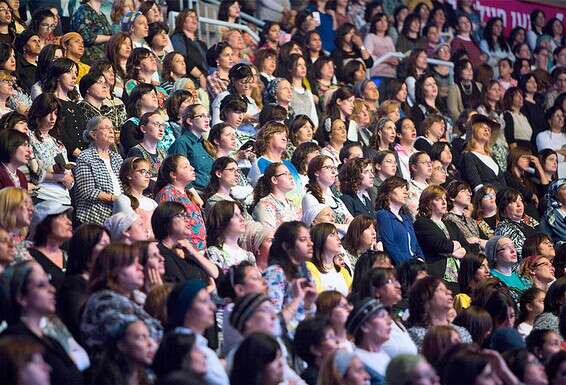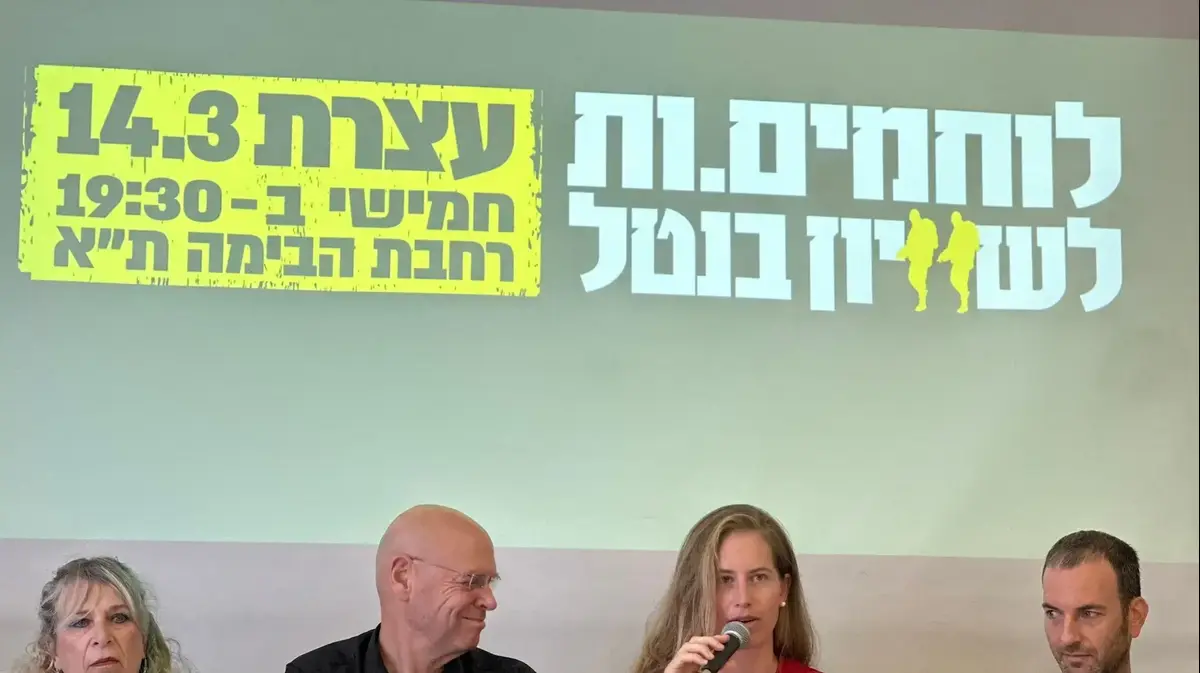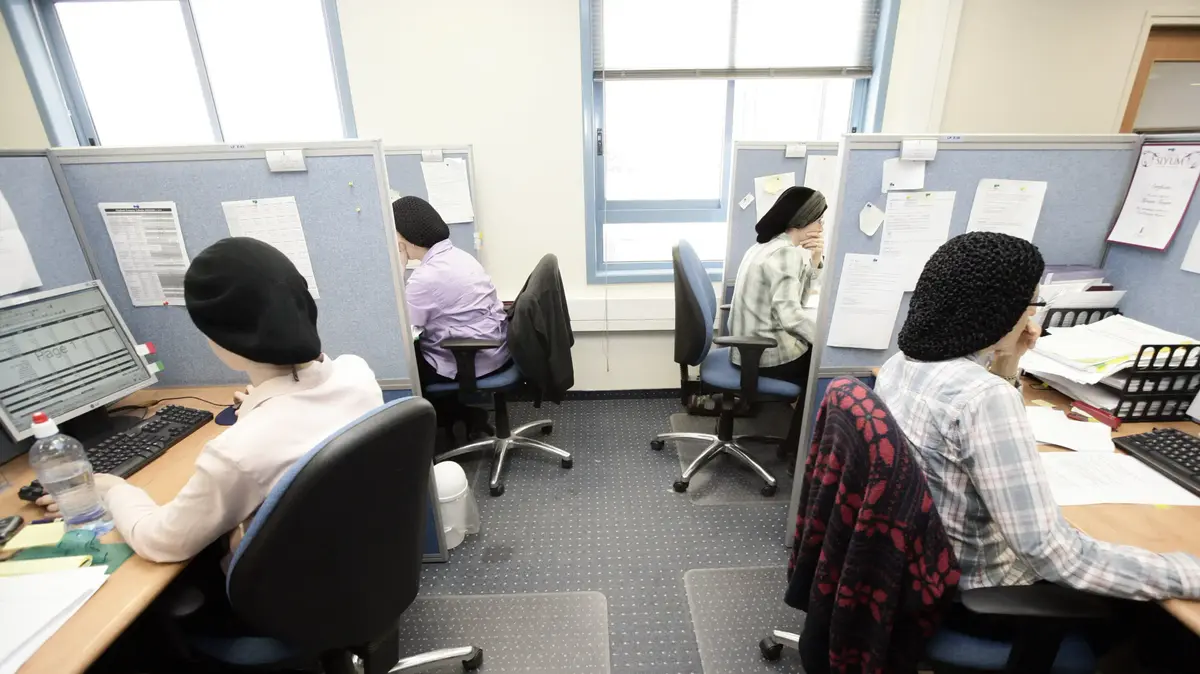On the day of submitting the lists to the Knesset, a few weeks ago, we - a group of ultra-Orthodox activists - reached out to the Jerusalem Electoral Commission to speak to members of the ultra-Orthodox Knesset on the issue of burning our blood: the absence of women from the sector parties.
We met some of them, introduced them to the issue - knowing that it was not a halachic ban - and one of the Shas Knesset members said: "What's your problem? I am a man and I also represent women. "We asked him:" So why did you establish Shas? Let the Ashkenazi from Torah Judaism represent your cause. " It was quiet. I did not receive a convincing answer until this moment.
Democracy for men only. Haredi Women Conference // Photo: Jonathan Zindel / Flash 90
"Have a party, let's see what you're worth," we're told. "You are not ultra-Orthodox at all," they say to us, and in other cases, they are plagued: "You are not really feminists, because there is therefore a head covering."
So why is it so important for us to break this ceiling in the house, especially in the ultra-Orthodox parties?
In the past decade, there have been two contradictory trends in ultra-Orthodox society: On the one hand, openness - more and more women and men are studying in academia, social networks and the internet have allowed open discourse that has evoked quite a bit of severe social criticism against various injustices that ultra-Orthodox media has swept under the rug. Issues of discrimination in educational institutions have risen to the fullest, the issue of poverty in the ultra-Orthodox sector, the price of "only Torah" ideology without core studies, violent victims and sexual assault and more.
Against all of these, a contrary trend of raising the walls, reducing the messages, and above all - a consistent and total erasure of women.
The new ultra-Orthodox mark is the purification of women from public literature. It started with the Mehadrin buses, with textbooks and comics that featured no women, girls or girls - not illustrated either - and as women became leaders in the economy, education, media and high-tech, the more partitions were hidden.
In the list of 40 influencers in the ultra-Orthodox economy of the "in the ultra-Orthodox" site, there were only four women out of 40 and also presented by their business logo and even without mention of oil. Major events such as second laps and the joy of the shoava became separate events for the whole family, for those licensed for men only. Obviously, in such a reality, the self-perception of ultra-Orthodox girls and young women is established as less equal.
It is important to say that this is not just a symbolic feminist demand for equality, the reality that we are facing clearly shows that in all the social sectors, some of which are clearly related to women - health, education, labor rights, domestic violence, sexual abuse, discrimination in educational institutions - the voice of our non-ultra-Orthodox representatives Sounds like most Knesset committees are not present
And opposite these two contradictory trends are ultra-Orthodox women, most of them living in homes and having families.
In the past year, in three election campaigns, lists of two very influential parties to the Knesset are being served and purified of women, no one on the Election Commission stopped for a moment to ask how such a situation could exist in 2020? How are you, the secular and traditional Israeli public, silent? This is not just our struggle, the ultra-Orthodox, it should be a struggle of the entire Israeli public. How do journalists remain silent and do not answer questions? Why is it that the only democracy in the Middle East becomes democracy for men only?
* Esti Shoshan is the founder and CEO of "Selected", an ultra-Orthodox women's movement









